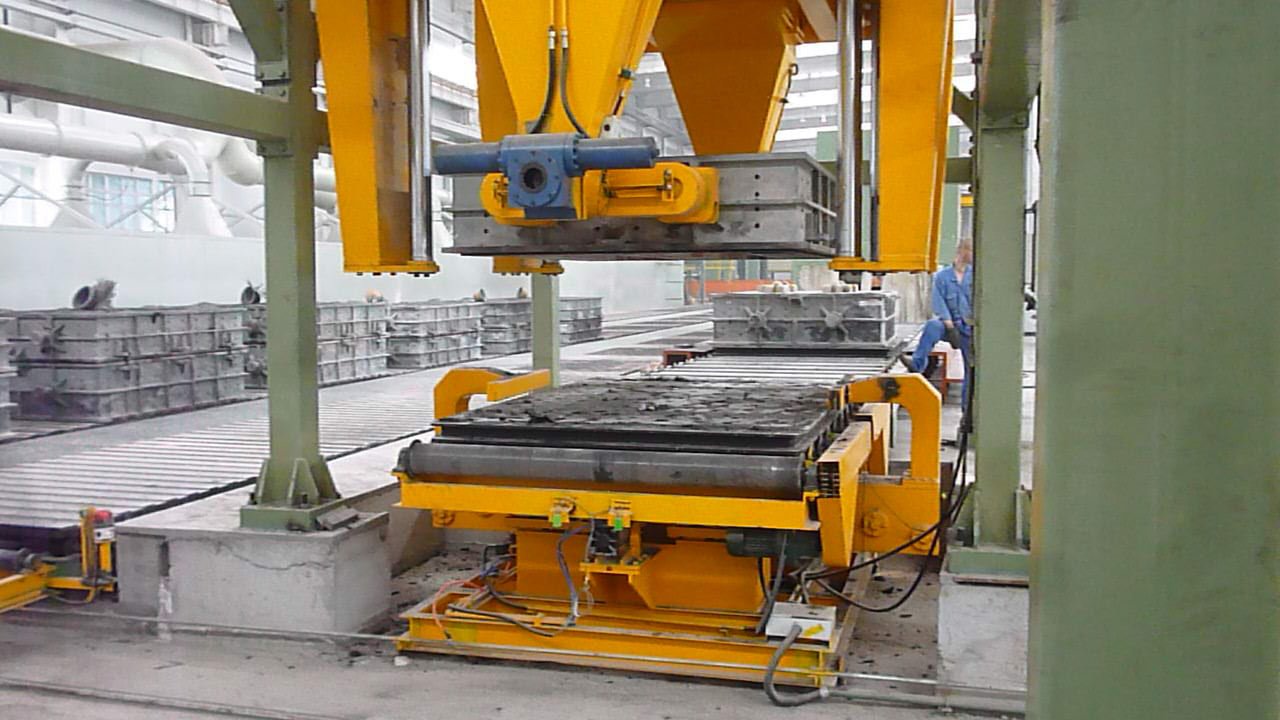- Afrikaans
- Albanian
- Amharic
- Arabic
- Armenian
- Azerbaijani
- Basque
- Belarusian
- Bengali
- Bosnian
- Bulgarian
- Catalan
- Cebuano
- China
- China (Taiwan)
- Corsican
- Croatian
- Czech
- Danish
- Dutch
- English
- Esperanto
- Estonian
- Finnish
- French
- Frisian
- Galician
- Georgian
- German
- Greek
- Gujarati
- Haitian Creole
- hausa
- hawaiian
- Hebrew
- Hindi
- Miao
- Hungarian
- Icelandic
- igbo
- Indonesian
- irish
- Italian
- Japanese
- Javanese
- Kannada
- kazakh
- Khmer
- Rwandese
- Korean
- Kurdish
- Kyrgyz
- Lao
- Latin
- Latvian
- Lithuanian
- Luxembourgish
- Macedonian
- Malgashi
- Malay
- Malayalam
- Maltese
- Maori
- Marathi
- Mongolian
- Myanmar
- Nepali
- Norwegian
- Norwegian
- Occitan
- Pashto
- Persian
- Polish
- Portuguese
- Punjabi
- Romanian
- Russian
- Samoan
- Scottish Gaelic
- Serbian
- Sesotho
- Shona
- Sindhi
- Sinhala
- Slovak
- Slovenian
- Somali
- Spanish
- Sundanese
- Swahili
- Swedish
- Tagalog
- Tajik
- Tamil
- Tatar
- Telugu
- Thai
- Turkish
- Turkmen
- Ukrainian
- Urdu
- Uighur
- Uzbek
- Vietnamese
- Welsh
- Bantu
- Yiddish
- Yoruba
- Zulu
Aug . 05, 2024 11:29 Back to list
Exploring the Latest Innovations and Trends in Hardware Manufacturing and Technology Advancement
The Role of Hardware Manufacturers in the Modern Technology Landscape
In the rapidly evolving realm of technology, hardware manufacturers play a crucial role in shaping our daily interactions with digital devices. From smartphones and laptops to gaming consoles and IoT devices, hardware producers are at the forefront of innovation that drives our increasingly connected world. This sector not only contributes to significant economic growth but also catalyzes advancements in numerous other industries.
The Backbone of Technology
Hardware manufacturers are the backbone of the technology ecosystem. Companies like Intel, AMD, and NVIDIA have revolutionized personal computing with their high-performance processors and graphics cards. These components are essential for everything from simple data processing to complex machine learning tasks. As the demand for faster and more efficient computing continues to rise, these manufacturers are consistently innovating, pushing the boundaries of what is possible with silicon technology.
Moreover, the advent of mobile technology has opened up new opportunities for hardware manufacturers. Companies such as Apple, Samsung, and Huawei have redefined user experience through cutting-edge smartphone designs that integrate advanced hardware components seamlessly. The integration of AI chips, better batteries, and high-resolution displays reflects a commitment to improving user engagement and functionality, which in turn drives consumer demand.
Supply Chain Challenges
However, it's essential to acknowledge that hardware manufacturing comes with its set of challenges, particularly in the global supply chain. The COVID-19 pandemic highlighted vulnerabilities when semiconductor shortages disrupted the production of various electronic devices. As a result, manufacturers had to rethink their supply chain strategies, diversifying suppliers and increasing local production capabilities to mitigate future risks.
hardware manufacturer

Supply chain resilience has become a focal point for manufacturers as geopolitical tensions, trade regulations, and natural disasters continue to impact the flow of materials and products. In response, some companies are beginning to invest in domestic manufacturing facilities. For example, U.S. semiconductor companies are ramping up production initiatives to reduce reliance on overseas suppliers, a move that could reshape the landscape of hardware manufacturing in the future.
Environmental Considerations
The environmental impact of hardware manufacturing cannot be overlooked either. The production of electronic devices often involves resource-intensive processes, which can contribute to pollution and electronic waste. Manufacturers are now facing pressure from consumers and regulatory bodies to adopt more sustainable practices. Many are investing in green technologies and practices, such as using recycled materials, reducing energy consumption during production, and developing programs to recycle old devices.
Moreover, eco-friendly hardware manufacturing is not only a regulatory requirement but also a market differentiator. Consumers are becoming increasingly conscious of the environmental footprint of their purchases, leading brands to innovate with sustainable products that align with these values. Companies that prioritize sustainability may see increased loyalty and a stronger brand image, further driving their market success.
The Future of Hardware Manufacturing
Looking ahead, the future of hardware manufacturing appears promising yet challenging. The increasing demand for advanced technologies—such as AI, 5G, and virtual reality—will require ongoing investment in research and development. Manufacturers will need to stay ahead of trends and continuously adapt to the ever-changing technological landscape.
In conclusion, hardware manufacturers are pivotal to the technological advancements of our time. Their role as innovators, strategists, and sustainability advocates is not only vital for business success but also for driving meaningful change in our society. As they navigate challenges and seize new opportunities, the contributions of hardware manufacturers will undoubtedly shape the future of technology for generations to come.
-
8mm Thin-Walled Cast Steel Manhole Cover Pallet Bottom Ring | Durable
NewsAug.04,2025
-
Premium Cast Iron Water Main Pipe: Durable, Corrosion-Resistant
NewsAug.03,2025
-
Durable Cast Iron Water Mains | AI-Optimized Systems
NewsAug.02,2025
-
High-Efficiency Propane Boiler for Baseboard Heat | Save Energy
NewsAug.01,2025
-
Premium Source Suppliers for Various Gray Iron Castings
NewsJul.31,2025
-
Durable Cast Iron Water Main Pipes | Long-Lasting
NewsJul.31,2025


